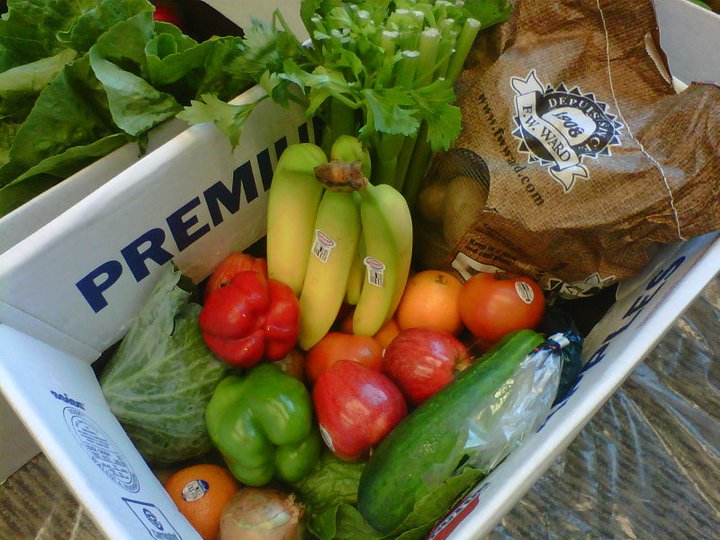By Sophie Dudley [2] and Alana Pickrell [3]
BELLEVILLE – A recent study [4] called ‘Hungry for Knowledge’ found that 39 per cent of post-secondary students in Canada don’t have reliable access to affordable, nutritious food.
It’s a situation some students at Loyalist College are familiar with.
Police foundations student, Mike MacGarvey said, “the price of food keeps going up I find, and it’s really a struggle to actually afford food now.”
MacGarvey said he finds he misses out on social gatherings, such as dinners and movies out, in order to be able to afford healthy food. “You have to cut a lot of things out in your life. I like being healthy, eating healthy really benefits you in the long term and helps you focus more,” he said.
Drew Silverthorn [5] is a Ryerson University master’s student and was the primary researcher of ‘Hungry for Knowledge’. Silverthorn worked on this study in collaboration with Meal Exchange, an organization that helps students find solutions to address hunger, food insecurity and sustainability on their campuses and within communities. Silverthorn said that food insecurity can be a broad range of experiences.
“It can look like reducing the quality or quantity of food you purchase and consume, and it can also look like worrying about running out of money to buy more food in the future,” Silverthorn said. As a student himself, Silverthorn admitted to putting other academic expenses such as rent and tuition above groceries in the past.
However, for students at Loyalist College, there are solutions.
This past year, Loyalist College’s Aboriginal Resource Centre teamed up with the Community Development Council of Quinte’s [6] Good Food Box program to provide students with a selection of fresh fruits and vegetables for a fraction of the retail price.
Paul Latchford, the manager of Aboriginal services, who oversees the production of the food boxes said that there are roughly 12 participants currently in the program and he hopes to continue helping students struggling with finding enough healthy food.
“I see the benefits of the program. There’s about $40 in the large box and it’s only about $15 to purchase it. So, it’s a pretty good opportunity.” Latchford said.
Latchford said new orders come in the first Wednesday of every month and applications for the food boxes are available to all students and staff on campus regardless of financial income.
